An Indie Alternative to Amazon?

Andy Hunter, the cofounder of Electric Literature and Literary Hub, launches Bookshop, an e-commerce platform that promises indie bookstores a way to take back sales from Amazon.
Jump to navigation Skip to content
Articles from Poet & Writers Magazine include material from the print edition plus exclusive online-only material.

Andy Hunter, the cofounder of Electric Literature and Literary Hub, launches Bookshop, an e-commerce platform that promises indie bookstores a way to take back sales from Amazon.
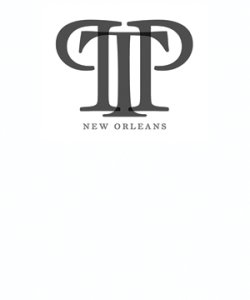
The New Orleans press publishes four or five poetry titles a year in an eclectic range of styles.
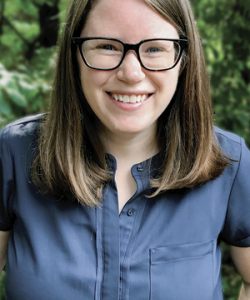
An author recommends five journals that published essays from her debut collection, Dispatches From the End of Ice.
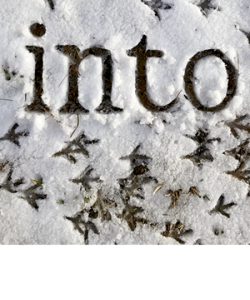
An author tells a fantastical story by writing it a word at a time in the snow.

The fiction writer on the twentieth anniversary of Small Beer Press and the opening of Book Moon, a bookstore in Massachusetts that she co-owns with her husband, Gavin J. Grant.
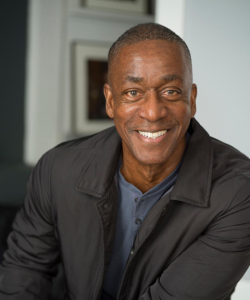
“I had to imagine the life of characters who shared some of my own history but had their own unique ways of being in the world.” —Jeffrey Colvin, author of Africaville
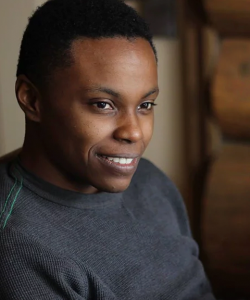
Cameron Awkward-Rich discusses turning archival research—traces of the past—into poems.

“Writing—the writing it down—has increasingly become the least important part of the process. Living in the world of the novel, existing as the characters, viewing the day-to-day from their perspective, is the most important thing.” —Jeff VanderMeer, author of Dead Astronauts
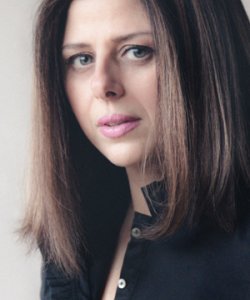
The author of Life in a Country Album discusses her influences, the idea of borders, and her multinational background.
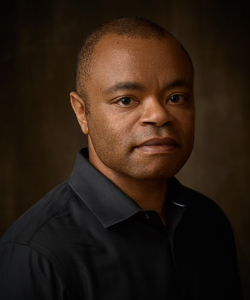
“Sometimes at the end of an eight-hour day I’d have a single paragraph to show for it.” —Dexter Palmer, author of Mary Toft; or, The Rabbit Queen
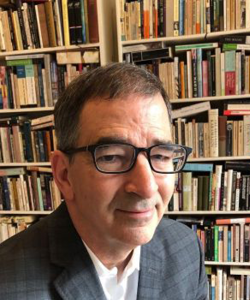
Matt Brogan is the new executive director of the Poetry Society of America. He takes the helm from Alice Quinn, who led the organization for more than eighteen years.
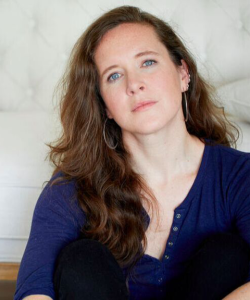
“Much of the book I had no recollection of writing, and it was strange to be confronted with what I’d done, as though I was getting access to parts of my mind I hadn’t known existed.” —Nina MacLaughlin, author of Wake, Siren
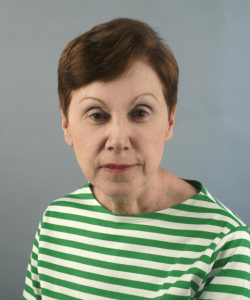
“Don’t be afraid to cut it if it’s not working.” —Elaine Equi, author of The Intangibles
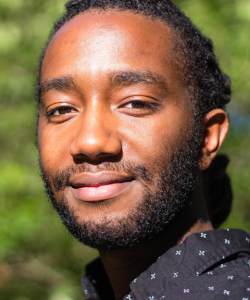
“My preferred notebook is a sharp-cornered, hardcover Roaring Spring black marble composition book with 20# paper, item number 77461, college ruled—I’m a Pisces and need a line to keep me grounded.” —Malcolm Tariq, author of Heed the Hollow
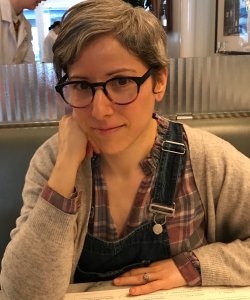
A debut memoirist speaks up about post-publication blues and offers some suggestions for how to cure them.
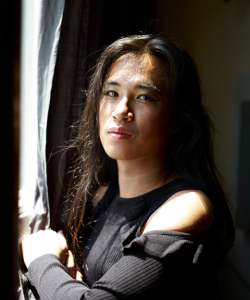
“I don’t trust any readers! And readers shouldn’t trust any writers. We’re all scoundrels, down to the last.” —Kai Cheng Thom, author of I Hope We Choose Love
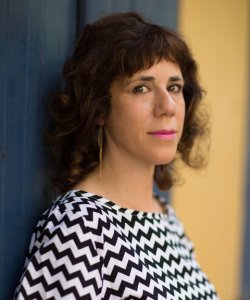
“In college I had a fiction teacher tell me to make every sentence so good that the reader would have to read the next one. So basic and obvious but I needed to hear it.” —Jami Attenberg, author of All This Could Be Yours
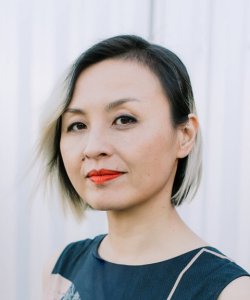
“I sometimes wish the writing process for me was faster, but things need to percolate in their own time.” —Mimi Lok, author of Last of Her Name
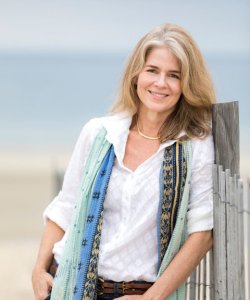
“Read like your work depends on it. It does.” —Adrienne Brodeur, author of Wild Game
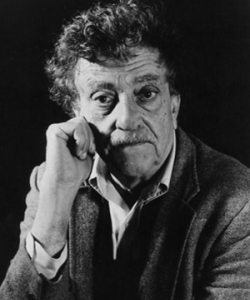
The legendary author of Slaughterhouse-Five explores some of the fundamental questions facing aspiring writers.
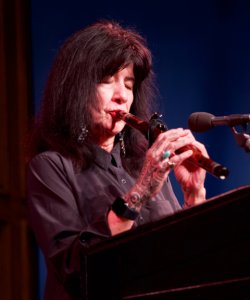
On October 7, Aracelis Girmay and U.S. poet laureate Joy Harjo read from recent work at the 92nd Street Y.
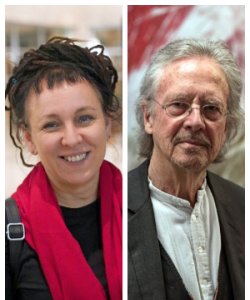
Polish writer Olga Tokarczuk and Austrian writer Peter Handke have won Nobel Prizes in literature.
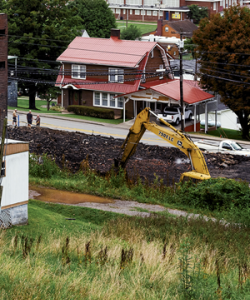
Poet and journalist Alissa Quart is bringing documentary poetry to major media outlets.

Heaven’s Vault, a video game by inkle, requires players to translate the runes of an ancient language.
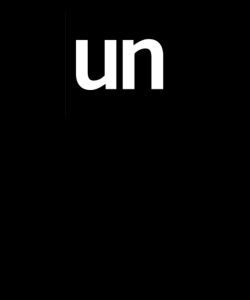
Unnamed Press, an L.A.–based press, aims to publish story-driven books by underrepresented or marginalized voices.